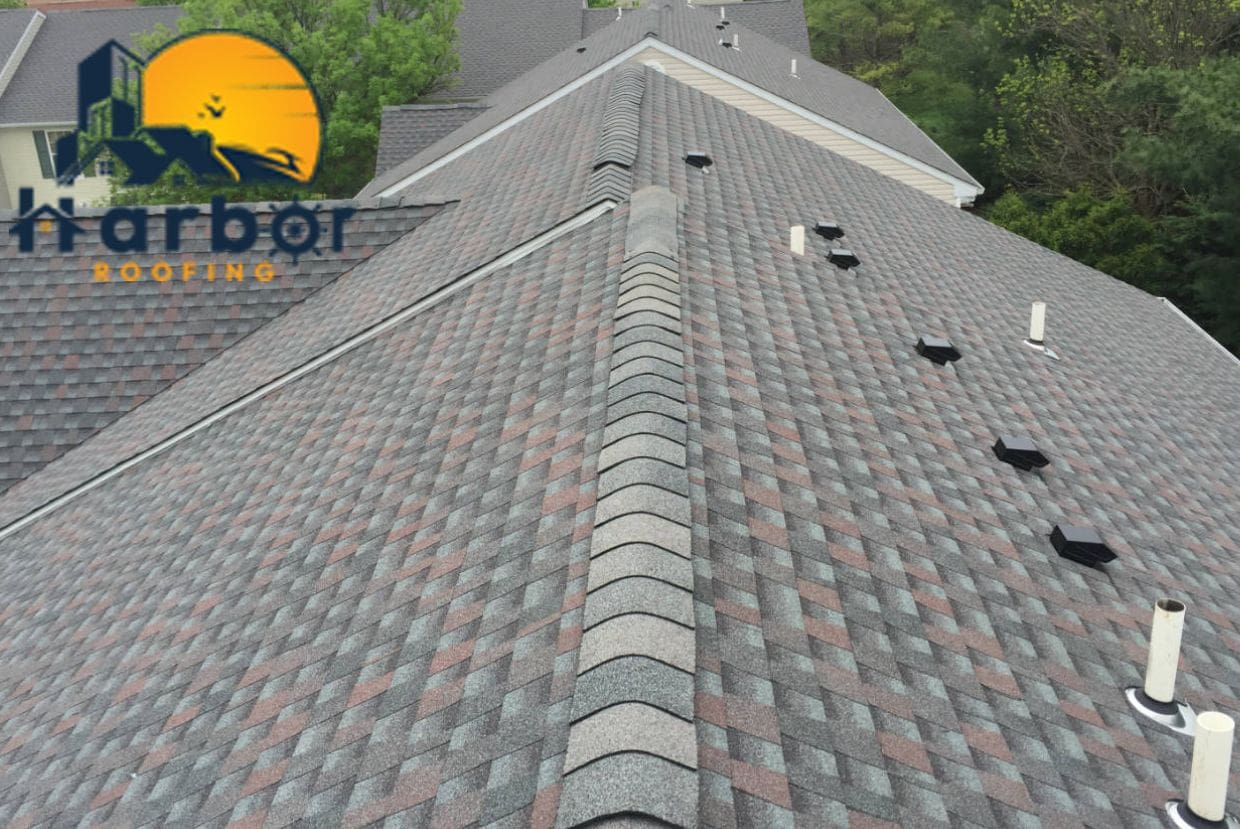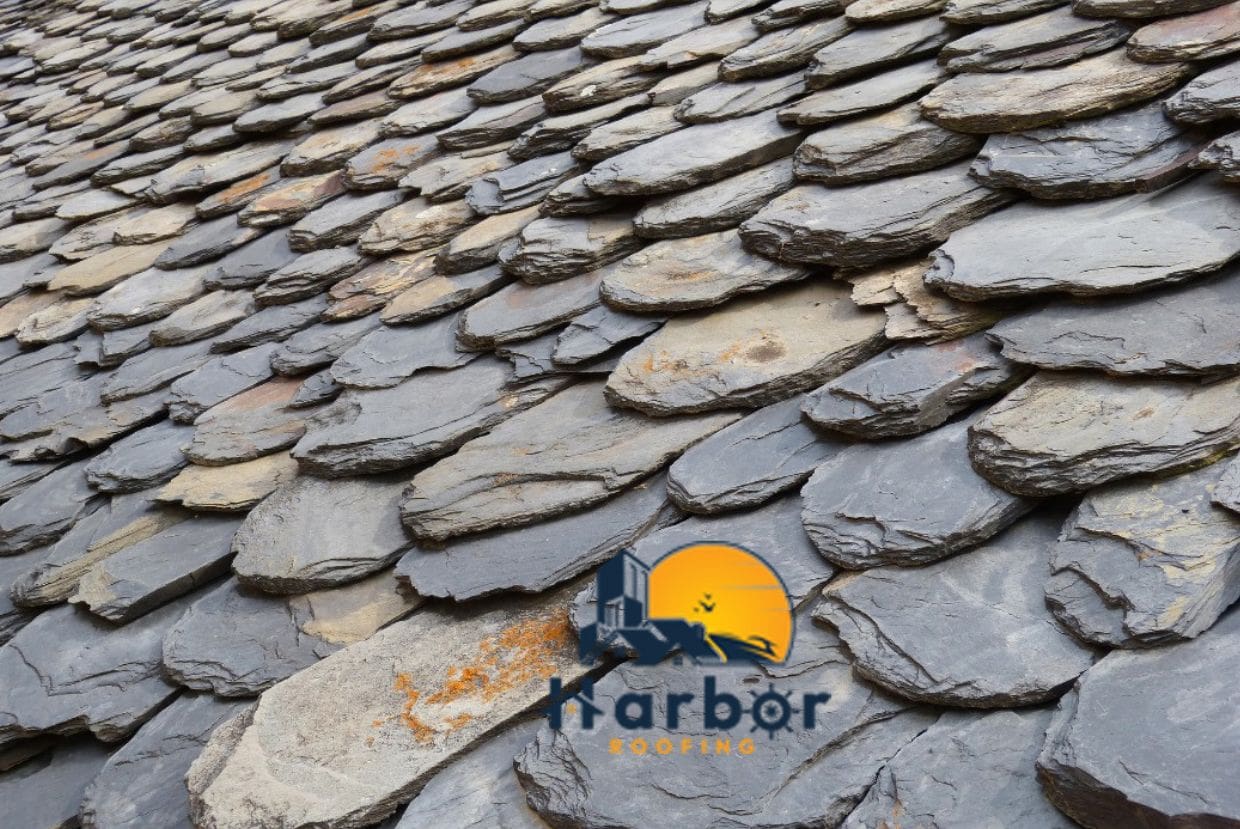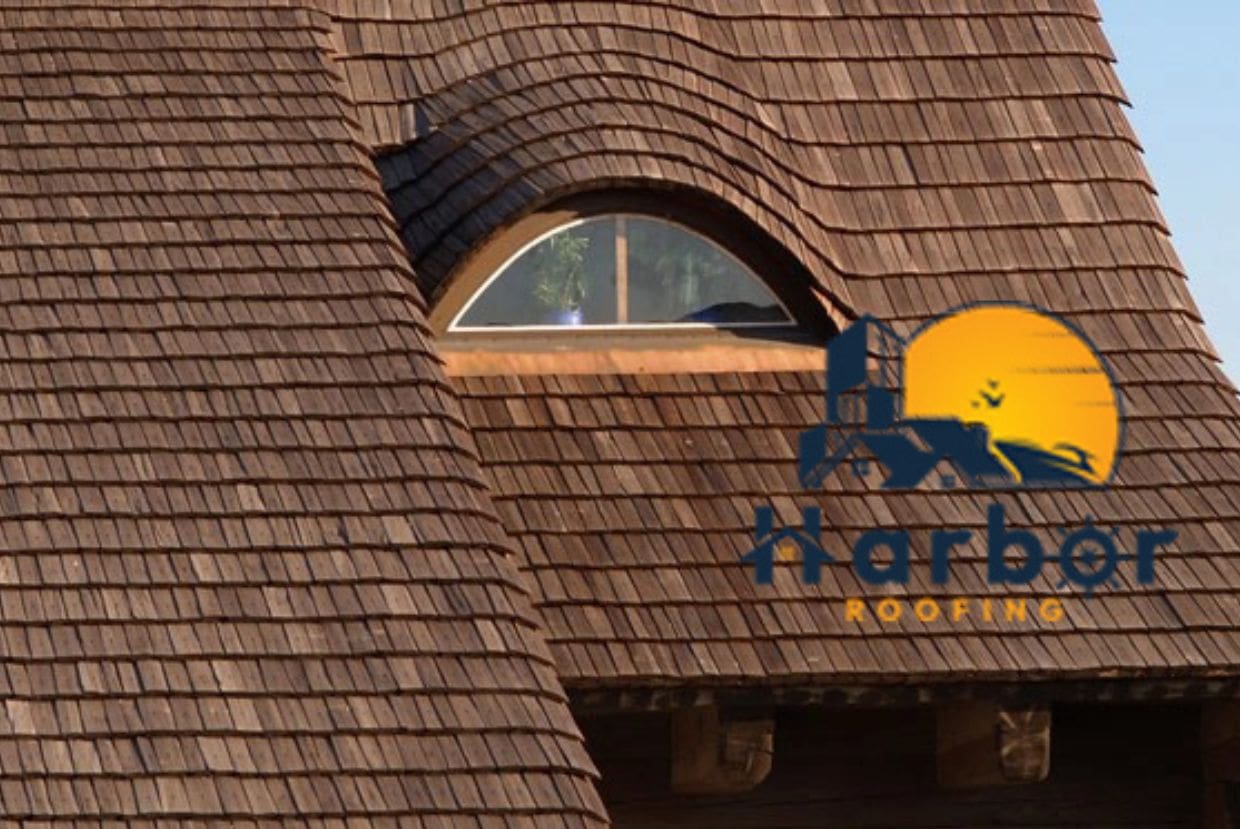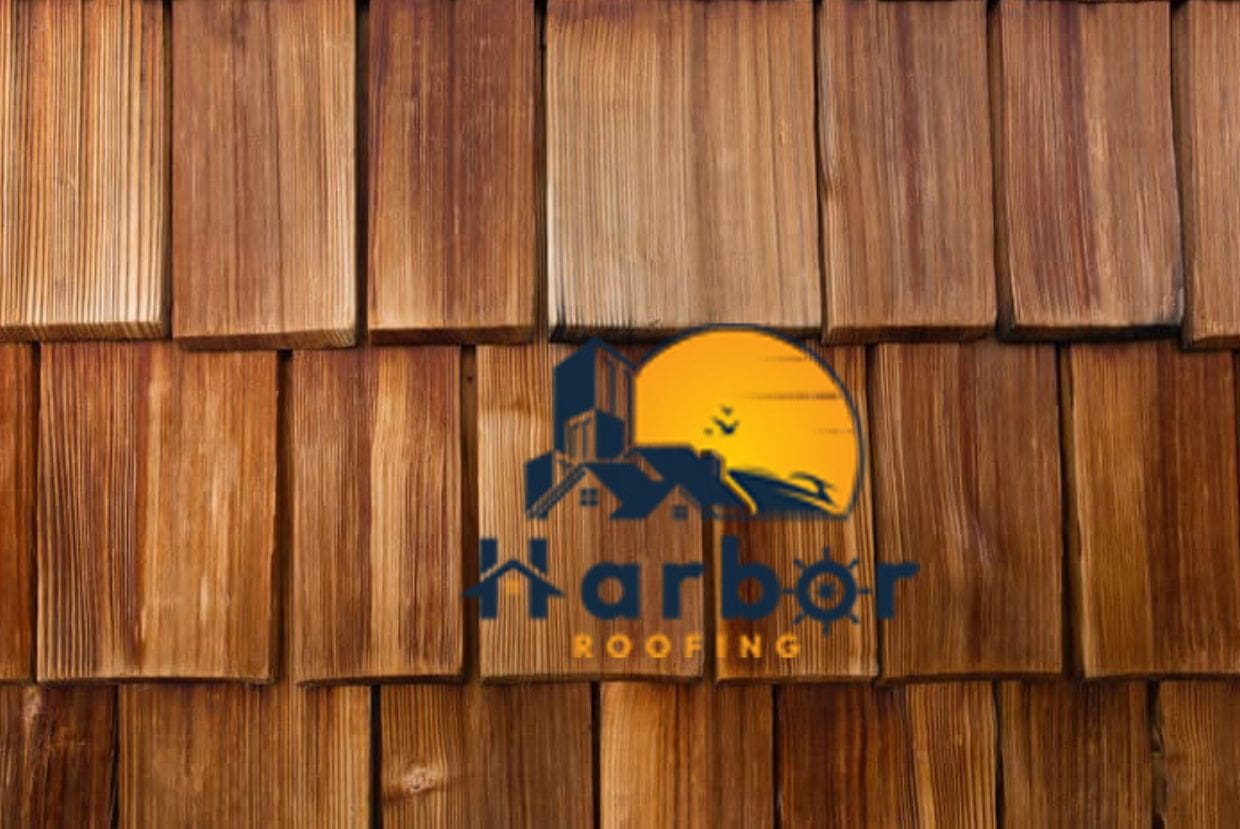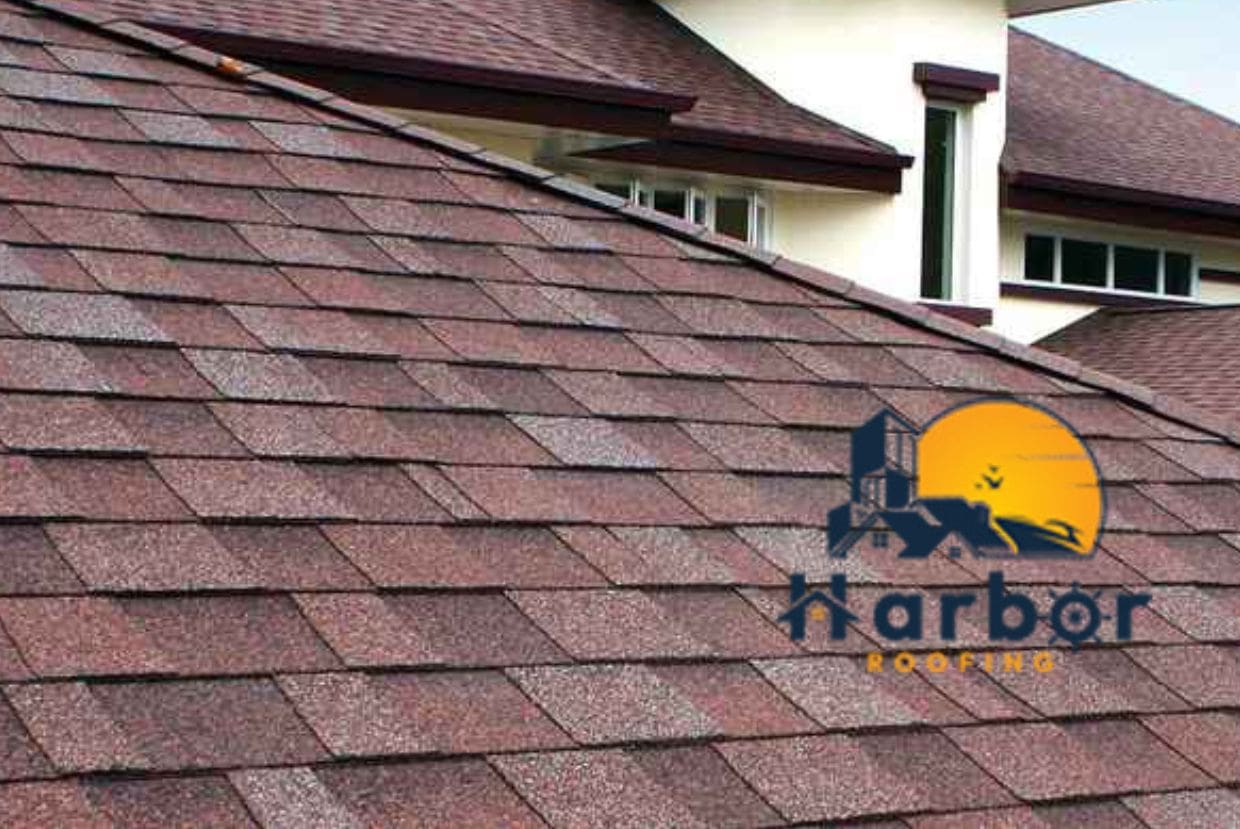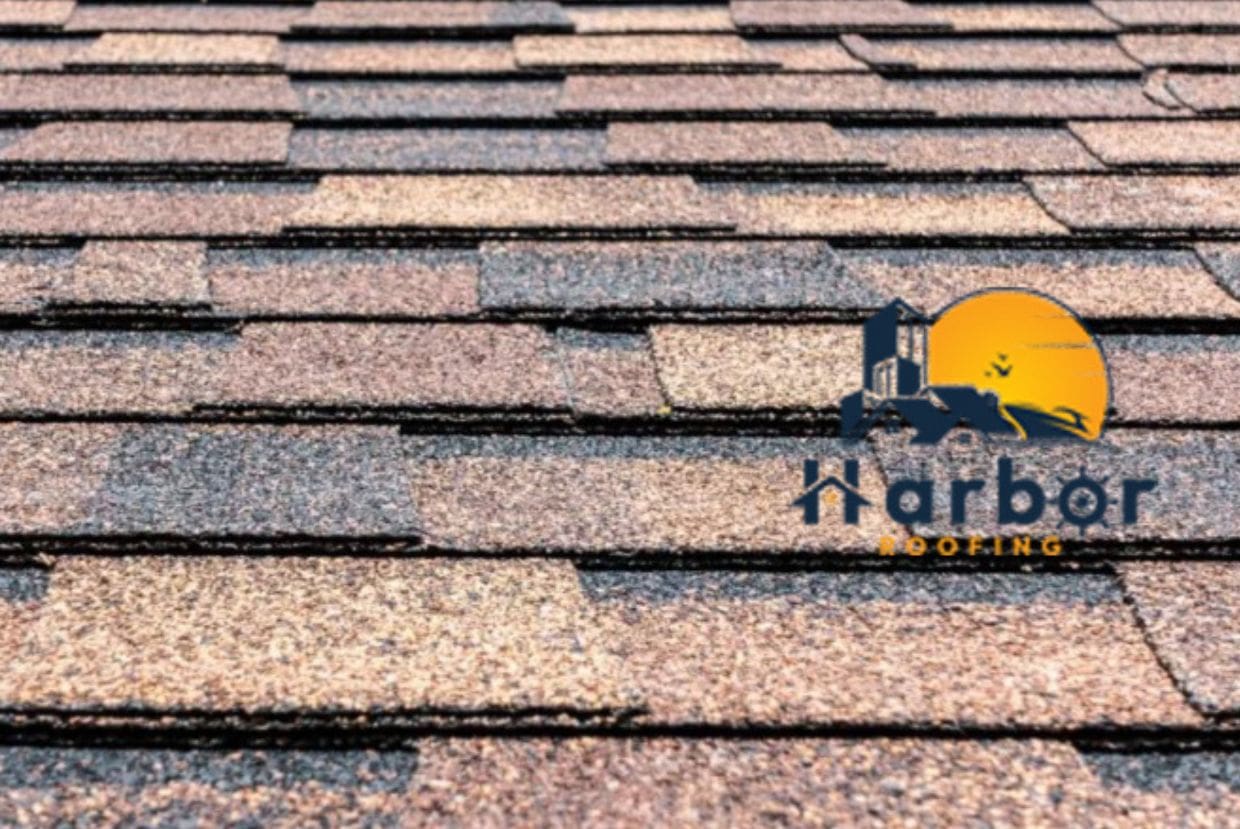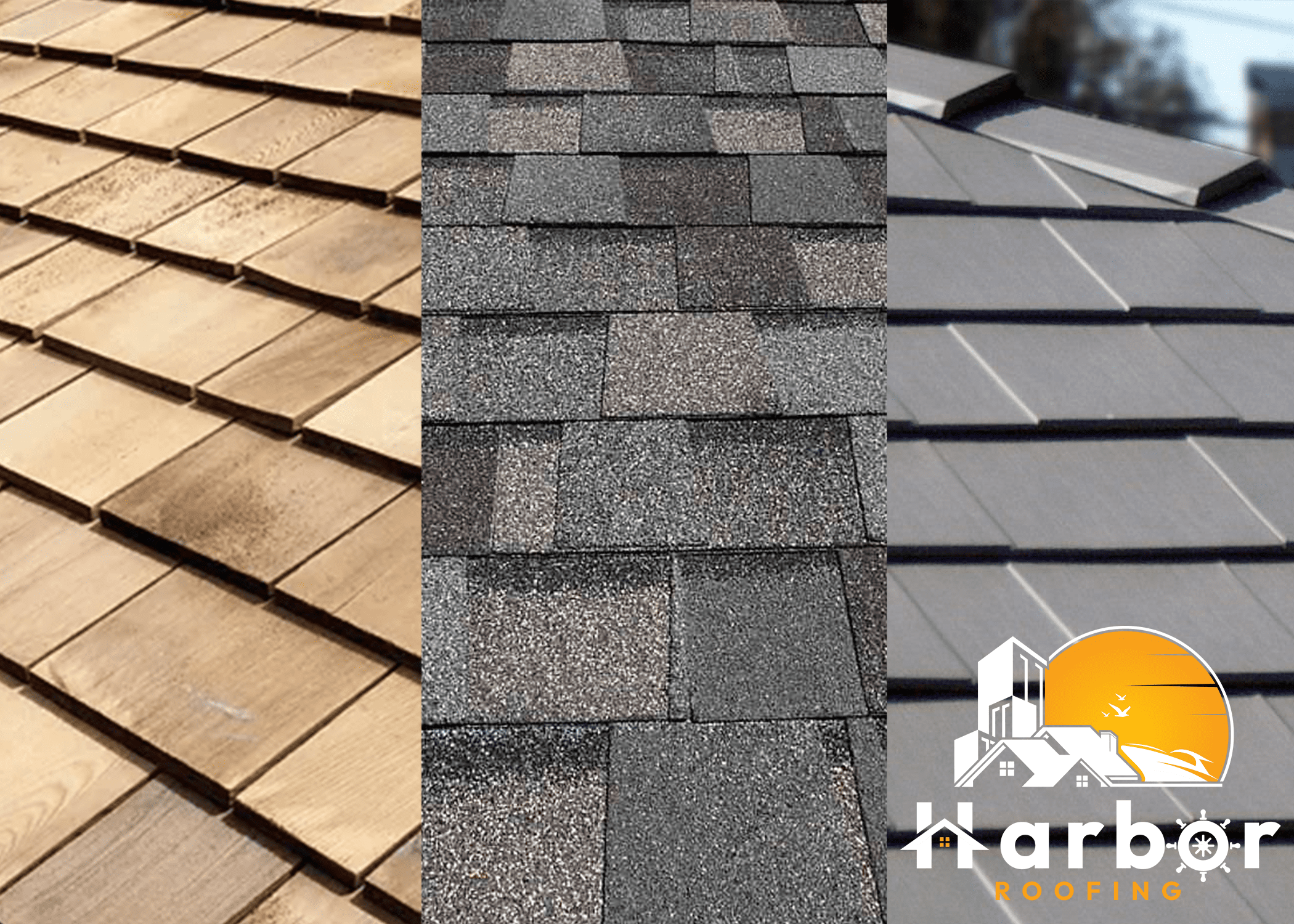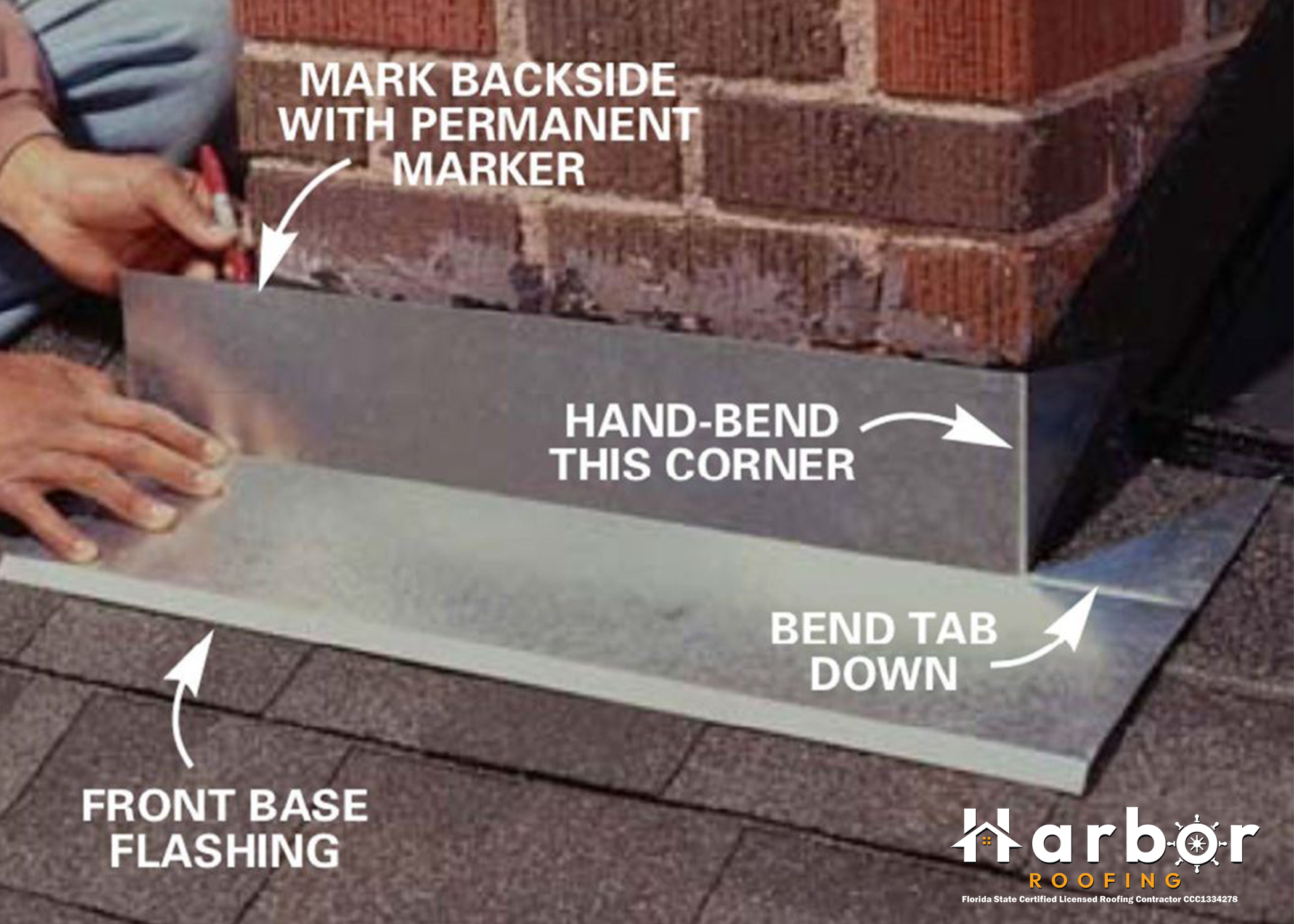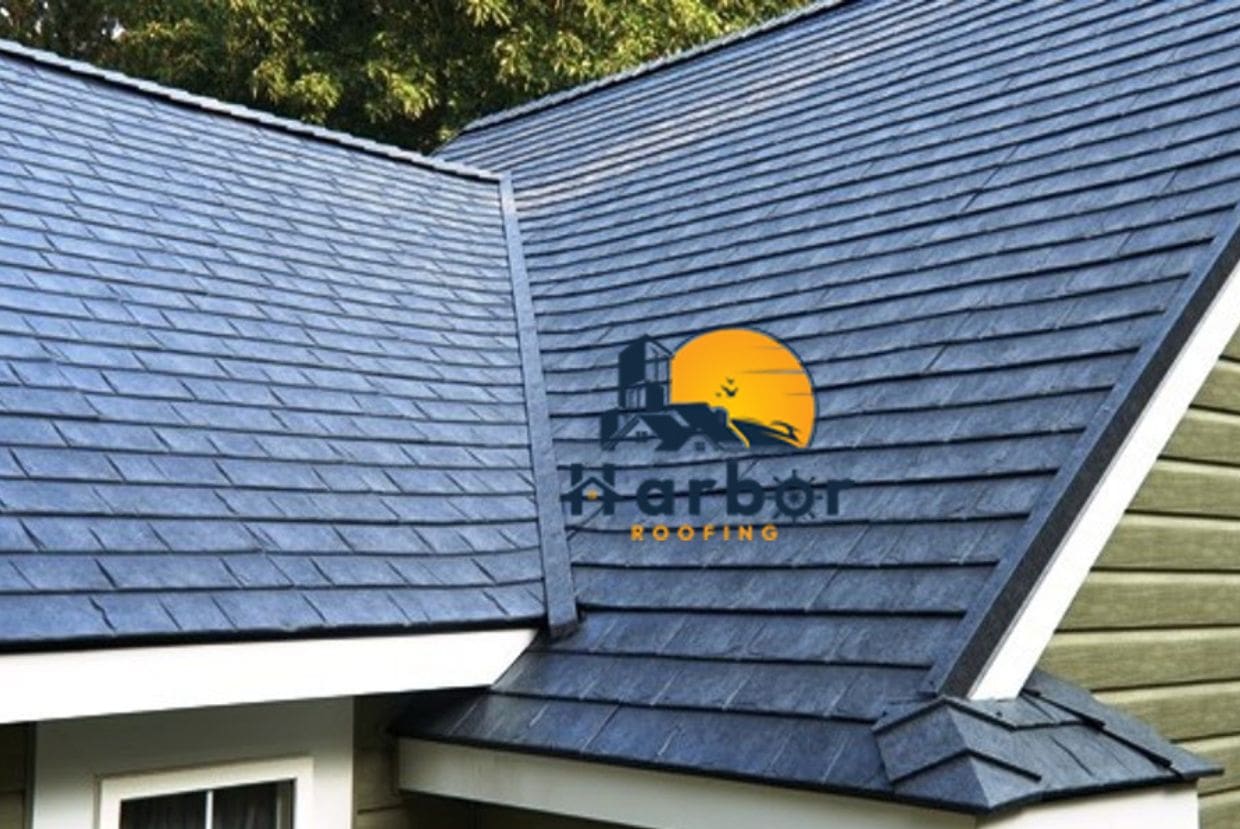Are you a property owner? Or do you intend to become one? If you are any of these two, it’s good that you are here because what you are about to read is an eye-opener that will help you avoid making mistakes with a typical roof warranty and get the most out of it.
Understanding the terms and procedures of a roof warranty is crucial for property owners. This knowledge empowers you to make informed decisions, protect your investment, and avoid pitfalls. So, before you sign your warranty and embark on your project, knowing what to look out for is essential. But, what are the things to look out for when signing your roof warranty? You’ll find out shortly.
What Is a Roof Warranty?
A roof warranty is more than just a contract. It is a shield between the property owner and the manufacturer or contractor, offering protection against harm to the roofing system for an established period. Generally, the warranty covers any installation error or manufacturing defect. It may also cover unexpected damages from severe weather conditions and natural disasters.
The type of materials used for the installation and the type of warranty you get will determine how long the warranty on your roof will last, as the duration varies. In most cases, the coverage period for warranties is either long-term or short-term, between 10 and 50 years.
3 Things You Should Know Before Signing a Typical Roof Warranty
Difference Between a Manufacturer Roof Warranty and a Contractor Roof Warranty
Basically, the difference between a manufacturer roof warranty and a contractor roof warranty is that one is from the roofing material manufacturer, while the other is from the roofing company that installed the roof. Easy, right?
Contractor roof warranties usually cover only workmanship defects. They don’t cover the materials used. Manufacturer warranties, on the other hand, may cover the whole system or only material defects. Most of them demand that the contractor carry out repairs they warrant for the first couple of years after the installation.
Difference Between Labor Warranty and Roof Workmanship Warranty
Labor and workmanship warranties are a source of confusion for many people. Labor warranties usually cover the costs of labor to repair roof defects that occur within the time frame of the roof warranty. The coverage does not include defects caused by poor installation. Hence, contracting a licensed professional for your roof installation is critical. Many of the available full-system warranties include labor.
A roof workmanship warranty will help when you experience issues due to a bad roof installation. It will cover the costs of problems caused by installation errors. If your roof warranty does not include workmanship, you might be able to get it from the installer directly.
Difference Between Material-Only Warranty, Labor-Only Warranty, and System Warranty
From their names, a material-only warranty will take care of the cost of only materials, a labor-only warranty will take care of the cost of only labor, and a system-only warranty will take care of the cost of materials and labor.
A material-only warranty only covers your roof membrane against defects from manufacturing and premature deterioration within the coverage period. It does not cover accessories like metal edges or flashings. The cost of a material-only warranty is usually less than that of a full system.
A labor-only warranty covers the cost of labor required to fix your roof. However, it won’t cover the cost of the material used for the repair. In most cases, the installer is responsible for the labor-only warranty. Don’t mix this up with a workmanship warranty, though; they are different, and a labor-only warranty may not take care of problems caused by bad installation.
A full roof system warranty covers materials, including flashings and other accessories approved by the manufacturer, and it covers labor. This warranty gives your roof the utmost protection from damage. As expected, it costs more than a labor-only warranty and a material-only warranty. Although a full-system warranty will cover costs to fix leak damage, it may not cover costs to fix problems from installation errors.
What Does a Typical Roof Warranty Cover?
What you receive from a roof warranty depends on the type that you get. To avoid unpleasant surprises or any surprises at all, you need to be familiar with what a typical roof warranty offers before you purchase a roof system and always read the fine print carefully. Some of the things a typical roof warranty covers include the following:
High Winds
Although roof damage from high winds is typically covered by a roof warranty, there are times when it is exempt. For this reason, you should always ask your roofing contractor to find out the wind speeds your warranty covers. If your project is in an area with high winds, we advise that you check for an upgrade for wind gusts. This will increase your roof warranty cost and may require you to include more improvements to your roofing system.
Roof Leak Repair
So long as the reason for the leak falls within the specified requirements, most roof system warranties will cover the costs of material and labor for the repair of roof leaks. However, a typical roof warranty won’t cover the cost of repair if the roof leak is a result of lightning, strong winds, fire, vandalism, negligence, or earthquakes.
Roof Puncture Coverage
It would be smart to include accidental punctures in your roof warranty if your roof system experiences a high rate of foot traffic. This would definitely attract an extra charge, and for your roofing system to be eligible for this upgrade, you might need to have a specific roof membrane thickness.
Hail Damage Coverage
If your project is in an area that experiences hail, we advise that you look into a system that will include this coverage to cover the cost of repair due to hail damage to your roof. Naturally, this can call for improvements that will increase the overall cost of your roofing system.
How to Review Your Roof Warranty
It is essential that you thoroughly go through your roof warranty to ensure that you comprehend all of its terms and conditions. You may avoid future problems and unforeseen expenses by doing this. When going over your warranty, remember to inquire about the following:
Who is covered?
This question is essential if you intend to sell your property. Find out if you can transfer the warranty to possible owners or if it only covers the original property owner.
What are the warranty coverage periods?
Some warranties could have varying durations for covering roof parts like underlayment, shingles, or flashing. Hence, you should note how long the warranty will be valid.
What does a typical roofing material warranty cover?
Don’t rush through your roof warranty so that you don’t miss out on essential details and comprehend the types of problems or damages the warranty covers. Some of these problems may include material defects and leaks.
What does the warranty not cover?
Look for any restrictions or exemptions in the warranty. The warranty may not cover certain losses or situations, such as losses caused by severe weather.
Is my warranty transferrable?
If the answer you get is yes, you should get yourself familiar with the procedure and any conditions or fees. In a situation where you have to sell your property, you are going to need this information, as it will be essential.
How do I file a claim?
To file a warranty claim, make sure you make note of the specific actions and processes required. This might entail reaching out to the roofing contractor or manufacturer and supplying them with the required forms and proof. By thoroughly examining your roof warranty and comprehending its coverage, constraints, and processes, you can guarantee that you are adequately equipped to manage any problems that could emerge over the warranty duration.
Conclusion
From what you’ve learned so far, we bet you are now clear about roof warranties. You can also now see that a number of factors determine what a typical roof warranty covers. So, before approving your next roofing project, ensure that you read the fine print to understand what you are agreeing to and ask questions. You have a right to know about the products you purchase.
It is crucial to hire a roofing contractor who has the manufacturer’s approval in addition to performing your assignment on roof warranties. Remember that a standard roof warranty will not cover a roof that is not adequately installed.
Frequently Asked Questions
What is an original cost warranty?
An original cost warranty is what makes the roof manufacturer only bound to cover the cost of repairs up to the sum of the actual roof purchase.
What does NDL mean?
NDL means no dollar limit. An NDL warranty guarantees that the manufacturer will be responsible for all the expenses for fixing the roof leak.
Why are roof warranties important?
A roof warranty is important because it protects your roof from unforeseen installation errors or damages, saving you money. In addition, some manufacturers extend their warranties. When this happens, the value of your roof increases.
